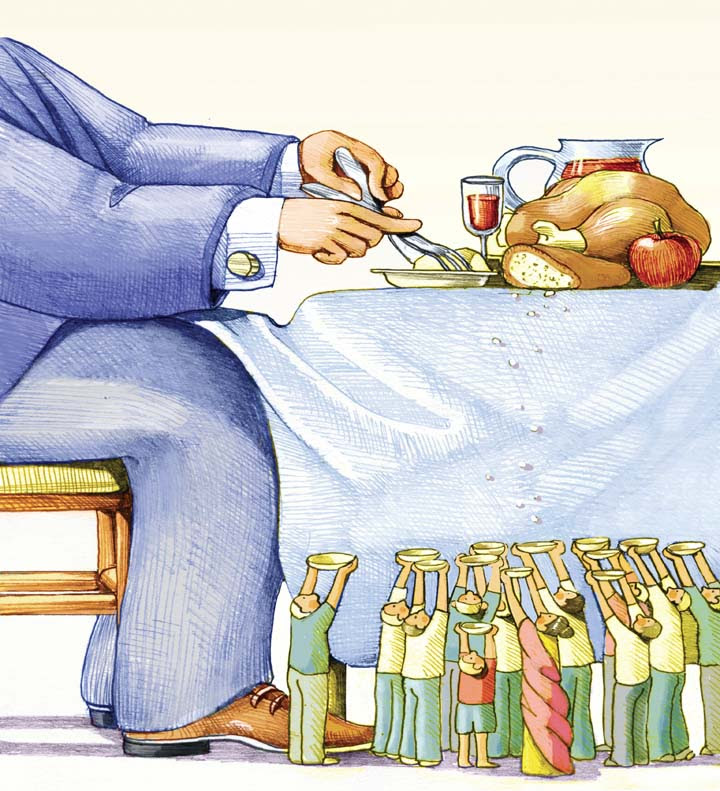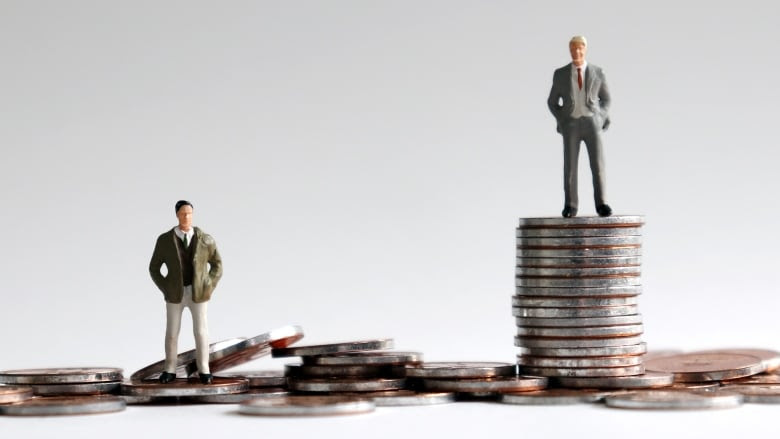The NGO Oxfam, which brings together 21 organizations around the world, published a report on inequality presented at the opening of the Davos Forum on February 17, which shows that for the first time in 25 years, extreme wealth and extreme poverty have increased significantly. Inequality has reached extreme levels due to the Covid-19 pandemic and inflation, and the NGO pleads for the removal of billionaires to reduce inequality.
One of the co-authors of the study, the Frenchman Quentin Parrinello, a member of Oxfam-France, specifies that inequalities are not only increasing, but they are also accelerating, with an increase in extreme poverty on the one hand and an ever greater concentration of wealth on the other.
According to the report, the recent crises related to Covid-19 and soaring food and energy prices have exacerbated inequality by destroying jobs and leading to wage cuts and reductions in household budgets, threatening the lives and livelihoods of the poorest people.
The United Nations Development Program estimates that by 2020, the rate of increase in people falling into extreme poverty, those living on less than two euros a month, was 11%, or 70 million more people. In 2022, some African countries were more severely affected by food inflation, for example, 44% in Ethiopia, 15% in Somalia or 12% in Kenya, while the world average is 9% and that of the G7 countries 10%. The World Bank has thus announced that the goal of eradicating extreme poverty by 2030 is no longer tenable.
The report indicates that food and energy companies have recorded record profits and have paid unprecedented sums to their wealthy shareholders and billionaire owners. The NGO proposes higher taxes on windfall profits, such as the billions in profits generated by oil companies as a result of the sharp rise in oil prices, partly as a result of the conflict in Ukraine. These measures would, according to Oxfam, bring the wealth and number of billionaires back to 2012 levels.
Over the last ten years, the increase in the price of the stock market has allowed the wealth of the very rich to soar, on 100 dollars of wealth created, 54.4 dollars went into the pockets of the richest 1% and 70 cents benefited the least rich 50%. Quentin Parrinello explains that billionaires have doubled their wealth, and that this increase is six times greater than the increase in wealth of the poorest half of the population.

The richest 1% have thus captured 74 times more wealth than the poorest 50% over the last ten years. In its report on France, Oxfam indicates that the top 10 French billionaires have increased their wealth by 189 billion euros since the beginning of the pandemic, the equivalent of two years’ worth of gas, electricity and fuel bills for all French people. The fortune of the boss of LVMH, Bernard Arnault, has doubled from 87.5 billion euros before the pandemic to 179 billion euros in 2022.
The NGO estimates that 2% of the current wealth of French billionaires would make it possible to finance the pension system without having to raise the retirement age. The reduction of the inequalities between the richest and the poorest could pass, for the NGO, by the abolition of the billionaire’s thanks to the crucial role that taxation could play. The organization believes that capital should be taxed more on the gains made by the wealthy and proposals include an exceptional wealth tax, a tax on dividends and an increase in the taxation of capital and labor income of the richest 1%.
Oxfam also points out that many of the richest men pay virtually no taxes, with Elon Musk’s effective tax rate at only 3.2% and Jeff Bezos’ at less than 1%. According to the report, taxing billionaires on their wealth would raise about $1.7 trillion a year, enough to lift two billion people out of poverty.



Comment here